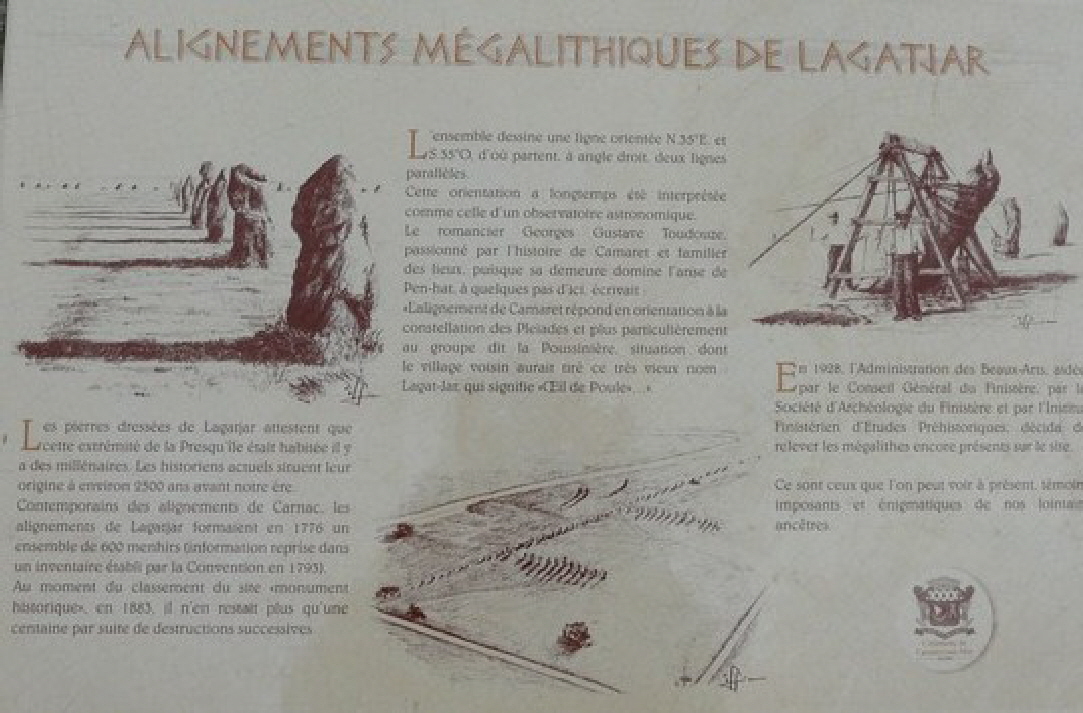|
Brittany (French: Bretagne) is a cultural region in the north-west of France. Previously a kingdom and then a duchy, Brittany was united to the Kingdom of France in 1532 as a province. Brittany has also been referred to as Little Britain (as opposed to Great Britain). It is bordered by the English Channel to the north and the
Atlantic Ocean to the west. The Kingdom and the Duchy of Brittany, the province of
Brittany, and the modern Region of Brittany cover the western part of Armorica, as it was known during the period of Roman occupation.
The word "Brittany", and its French, Breton, "Bretagne", Britannia, means "Britons' land". This word has been used by the Romans since the 1st century to name Great
Britain, and more specifically the Roman province of Britain. The Romans called Brittany Armorica, together with the region called nowadays Lower Normandy. This term probably came from a Gallic word, aremorica, which means "close to the sea".Several Breton lords helped William the Conqueror to invade England and receivedarge estates there. Some of these lords were very powerful and medieval Brittany was far from being a united nation.
The French king maintained envoys in Brittany, alliances contracted by local lords often overlapped and there was no specific Bretonconsciousness. For example, Brittany replaced Latin with French as its official language in the 13th century, 300 years before France did so itself, and the Breton language never had any formal status.
During the 19th century, the Breton language started to decline precipitously, mainly because of the Francization policy conducted under the Third Republic. On one hand, children were not allowed to speak Breton at school, and were punished by teachers if they did. Signs in schools read: "It is forbidden to speak Breton and to spit on the floor" ("Il est interdit de parler breton et de cracher par terre").
On the other hand, Breton (like Latin) was considered as a language that kept Brittany in the hands of the Roman Catholic church and learning French was a way, especially for women, to free themselves from the influence of the church. As a result, a generation of native Breton speakers were made to feel ashamed of their language and avoided speaking it or teaching it to their children.
These factors contributed to the decline of Breton. It was invaded by Nazi Germany in 1940 and then freed after Operation Cobra in August 1944. However, the areas around Saint-Nazaire and Lorient only surrendered the 10 and 11 May 1945, several days after the German capitulation. The two towns had been totally destroyed by air raids, like Brest and Saint-Malo, and other towns, such as Nantes and Rennes, had also suffered.in 1956,
Brittany was legally reconstituted as the Region of Brittany, although the region excluded the ducal capital of Nantes and the surrounding area. Nevertheless Brittany retained its cultural distinctiveness, and a new cultural revival emerged during the 1960s and 1970s. Bilingual schools were opened and singers started to write songs in Breton,
|


